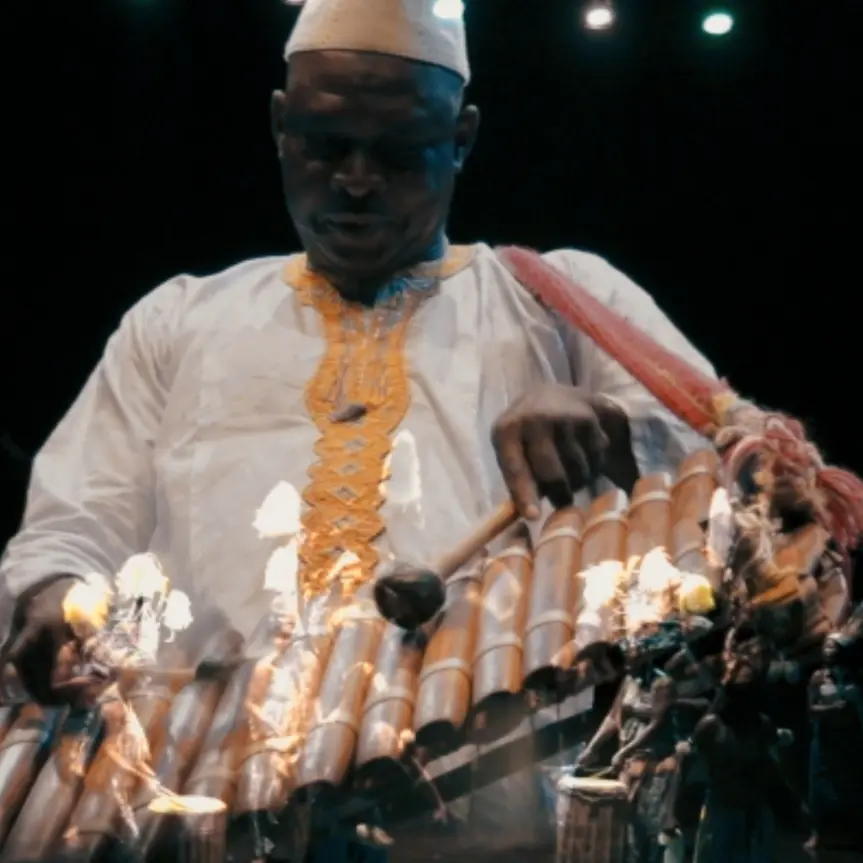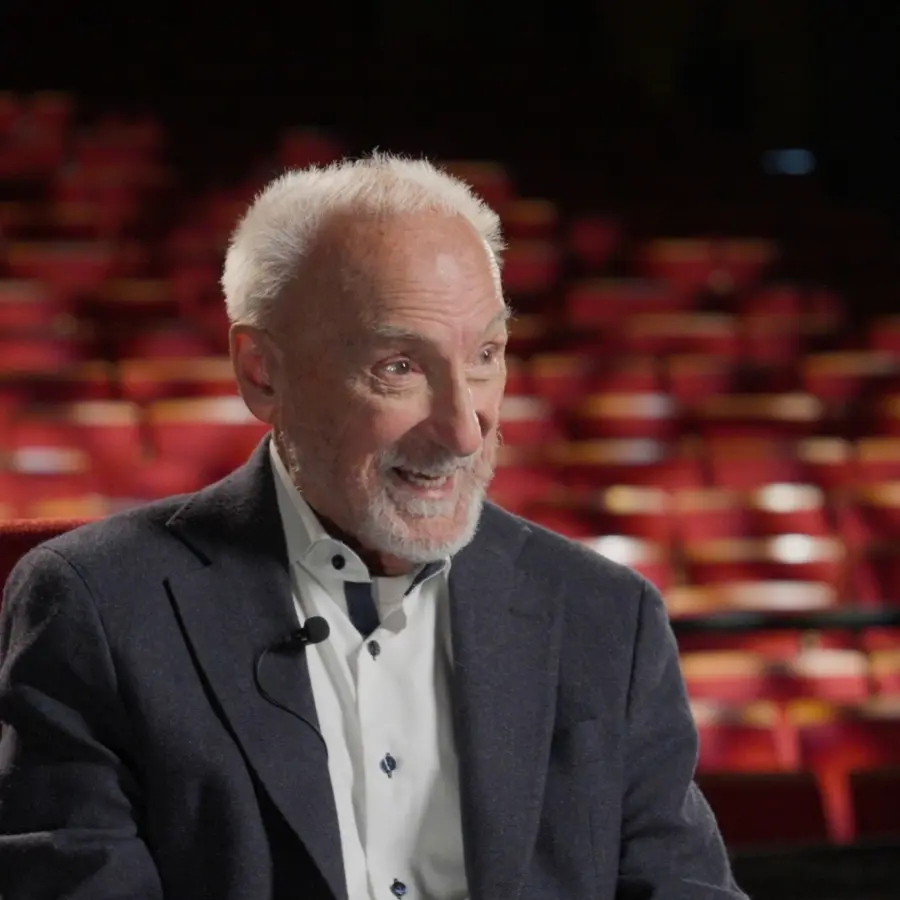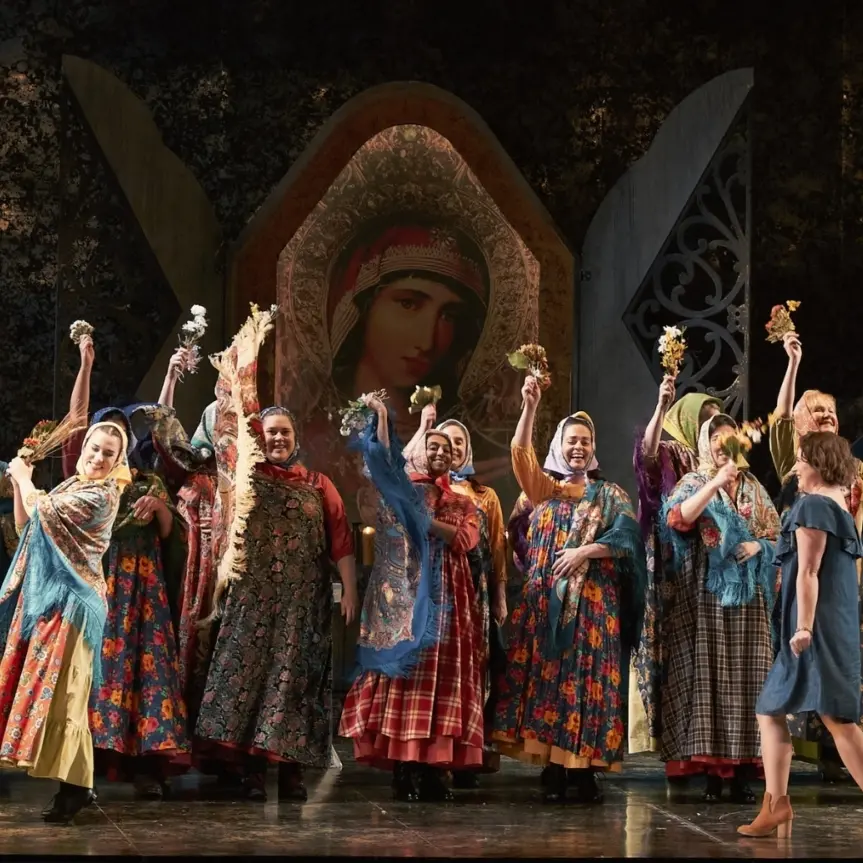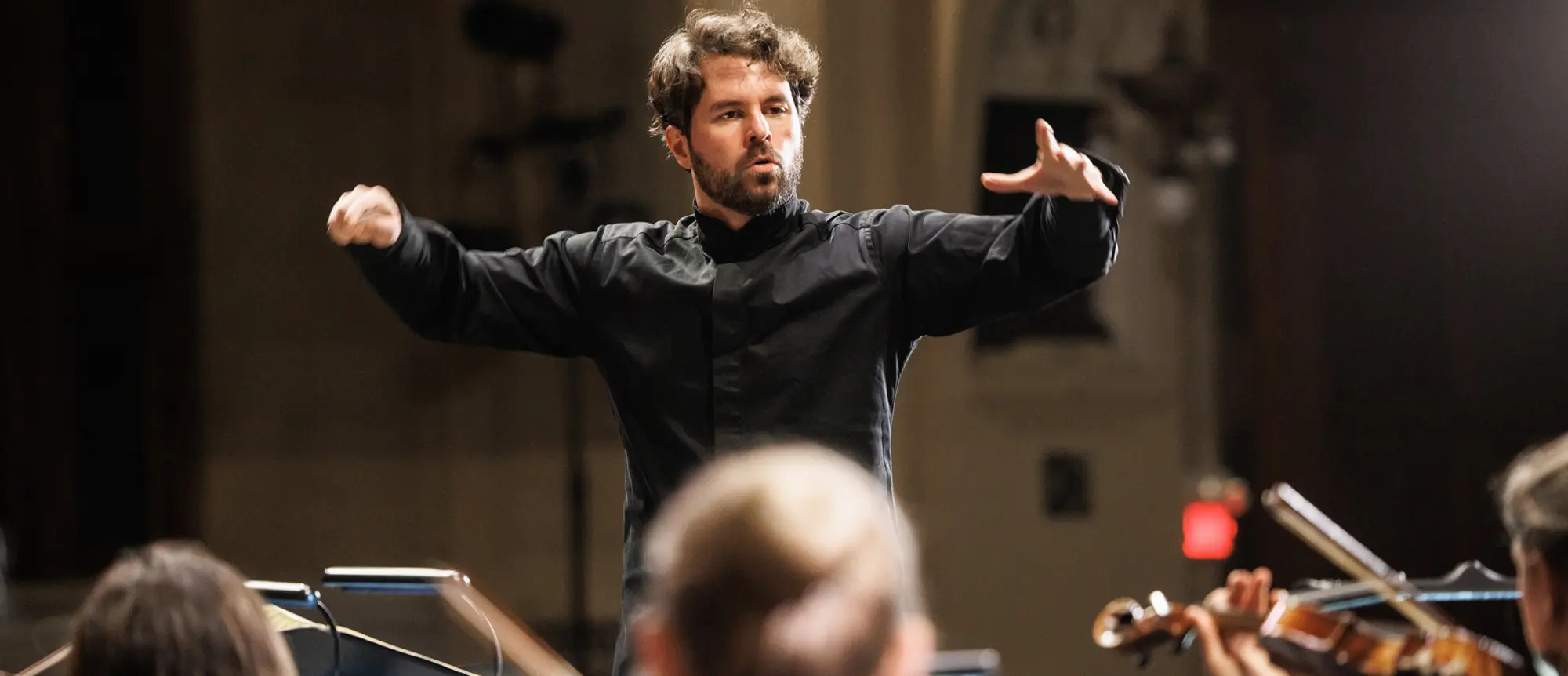Simon Rivard: a young Quebec conductor at the helm of La Bohème
One of the country’s most sought-after conductors will collaborate with the Opéra de Montréal for the first time. Meet Simon Rivard, who will conduct Puccini’s La Bohème in Salle Wilfrid-Pelletier at Place des Arts from May 10 to 20.
What are your thoughts on your first-ever collaboration with the Opéra de Montréal?
I’m excited. Although I began my career elsewhere in Canada, this is the first time I’ll be conducting an opera with a major company in the city. Montreal is my home. I feel like a young Quebecer making his hockey debut with the Montreal Canadiens. The Opéra de Montréal is my Canadiens. Many of the musicians in the Orchestre Métropolitain are people who have taught me. And it’s very exciting to be part of this production with them.
Tell us about your career path.
I was originally a violinist, a graduate of the Conservatoire de musique de Montréal. But I’ve been interested in opera since I was 15. Wagner was one of my earliest influences, because I learned German by reading the librettos of his operas and trying to translate them.
I later got my master’s degree in conducting at McGill. Then I started working as Resident Conductor at the Thunder Bay Symphony Orchestra. Soon after, I made my way to Toronto. I was assistant to Sir Andrew Davis. He did a lot of opera because he was the head of the Lyric Opera of Chicago. I learned so much from him. Afterwards, I was appointed Music Director of the Edmonton Opera, where I conducted Puccini’s Tosca, Bizet’s Carmen, and Bartók’s Bluebeard’s Castle. But the first big opera I conducted was La Bohème, and it feels good to be revisiting it.
Beyond your focus on music, do you have any hobbies?
It’s hard to have any other great passions because music takes up so much space. I really like Canadian folk music. And I’m very interested in the French origins of folklore in Quebec.
I’m also someone who reads a lot of essays on history, social issues, and politics. Had I not been a musician, I probably would have studied medicine or anthropology.
What are the challenges of conducting an opera beyond those of working as a conductor?
Conducting opera covers a lot of territory. The first thing is to have a vision and to do a lot of research before getting started.
For La Bohème, I read Henry Murger’s Scènes de la vie de bohème. I wanted to understand this world, which Puccini later took up. Then, you need to study the score to understand the significance of each of the words each performer sings. This involves learning their lines and those of the orchestra by heart.
Once we get into the rehearsal room, the challenge is to create a motivating work environment. Of course, this is accomplished in collaboration with the stage director. I must also make sure there is a connection between the orchestra pit and the performers on stage, so that we can move forward together and not as two opposing groups.
How are you approaching La Bohème?
I’m trying to get back to Puccini’s initial spirit, to see the message he wanted to convey in this show. It’s one of his first big hits. It’s exhilarating. Every second of this opera consists of immortal melodies. There’s no filler. So, as much as possible, the idea is to find freshness in a score that is, by definition, fresh. La Bohème is truly exuberant youth. The work embodies a sassy spirit that thumbs its nose at everything that is bourgeois, money. As a musician, through Puccini’s notes, that is what I’m trying to convey in my interpretation of the work.

Les Ballets Africains: A Longtime Love Affair with Montreal
Les Ballets Africains is making a spectacular return to Montreal. Founded in 1952, the company come back with a performance presented as part of Arts Monde serie, in collaboration with Nuits d’Afrique, which is celebrating its 40th anniversary.
Article Interviews Show
Yvon Deschamps : une vie portée par la scène
Comedian Yvon Deschamps has performed over 500 shows at Théâtre Maisonneuve at Place des Arts in Montreal.
Vidéo Interviews Artist
Jenůfa: Atom Egoyan reinvents Janáček’s opera
Article Interviews Show
Paul Piché, song by song: Sur le chemin des incendies still blazingly relevant
Ce n’est pourtant pas par effet de mode que Paul Piché a décidé de revisiter Sur le chemin des incendies; c’est plutôt grâce au succès inattendu d’une première mouture virtuelle durant la pandémie, suivie d’une tournée fort bien accueillie par le public.
Article Interviews Show
Magic in 2025: Illusion Meets New Tech
As Place des Arts is presenting Luc Langevin’s new show in July and August, we asked ourselves how the rise of artificial intelligence (AI) might be affecting the world of magic in 2025.
Article Interviews Show


